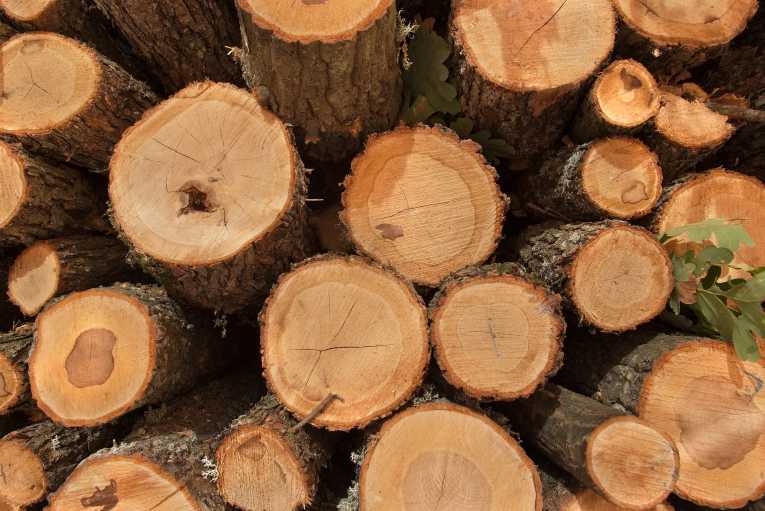According to a new report from the International Tropical Timber Organization (ITTO), this is mainly due to increased funding for climate change initiatives and the growing demand for timber certified as coming from a sustainably managed area.
ITTO, a Japan-based intergovernmental body, promotes the sustainable management, use and trade of tropical forest resources. The report, entitled "Status of Tropical Forest Management 2011", collated detailed data from the 33 countries which control almost all of the world's tropical rainforests and tropical timber production. Tropical forests are a hugely valuable source of income for these countries; annual tropical timber exports are valued at over US $20 billion.
Brazil, Gabon, Guyana, Malaysia and Peru were commended for having made notable progress towards sustainable forest management. These countries have forest-led policies, laws and regulations, which are enforced. In contrast, major civil unrest and conflict are impeding forest management in countries such as Cambodia, Democratic Republic of the Congo, Guatemala and Suriname. Unsettled political regimes hinder the development of local and regional policies to support sustainable forest management.
Deforestation to continue
Although global forest management has substantially improved over the past five years, 90% of the world's forests still don't have even rudimentary protection. Sadly, the ITTO expects deforestation to continue at an alarming rate. Andy White is the Coordinator of the Rights and Resources Initiative, a global coalition of organisations working to encourage forest policy reforms and the development of forest communities. White states that "The report also shows that reforming tenure and supporting community forestry are needed to prevent the continued loss of tropical forests and the industrial clearing and logging that leads to deforestation, poverty and human rights abuses.
Land rights
Crucial to slowing deforestation, according to the ITTO, is deciding which group or stakeholders have rights to given tropical forest areas. ITTO's Ze Maka states that "Sustainable forest management is unlikely to succeed unless the forest has secure tenure that has been determined transparently on the basis of negotiation between claimants." Latin America has made particular progress on this thorny issue, with Brazil and Ecuador highlighted for allocating a large percentage of their forests to indigenous groups. Africa, in contrast, has not yet had success in tackling the problem of land rights, which is hampering efforts to manage forests sustainably and in the best interests of local communities. However, according to the report, in countries such as Cameroon and Liberia "there are signs the government have recognised the problem and are moving to address it."
Although local control is incredibly important for sustainable management, alone it is not enough to improve sustainability. Regional and international measures are also necessary to mitigate the effects of exploitation of forest resources and climate change. Without a concerted effort from all affected parties, deforestation will inevitably continue.
Top Image Credit: © Sergey Shcherbakov










